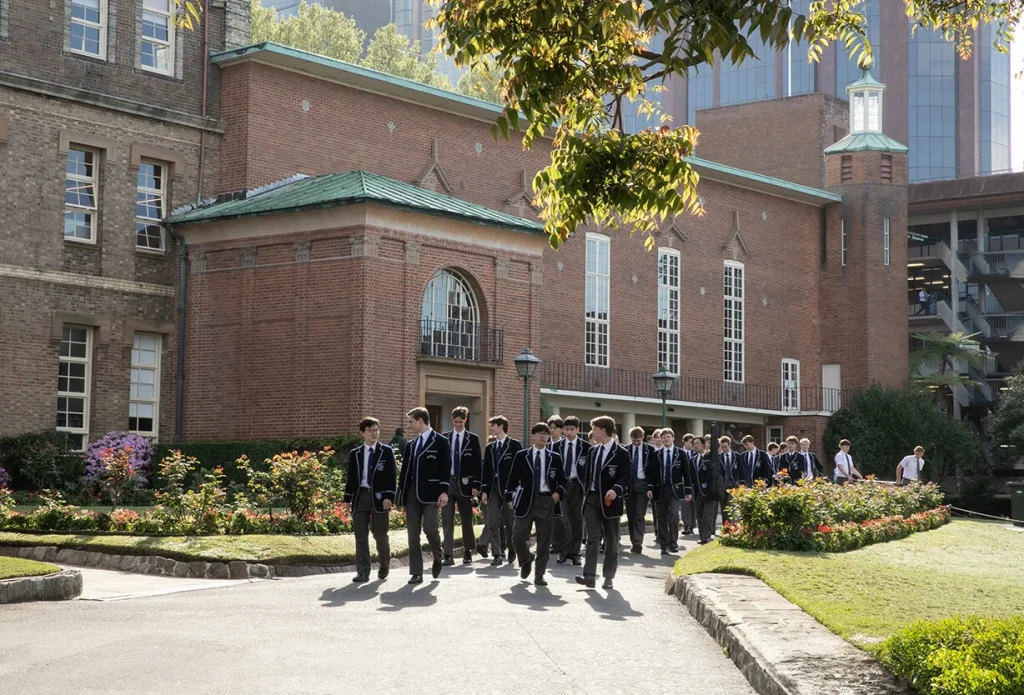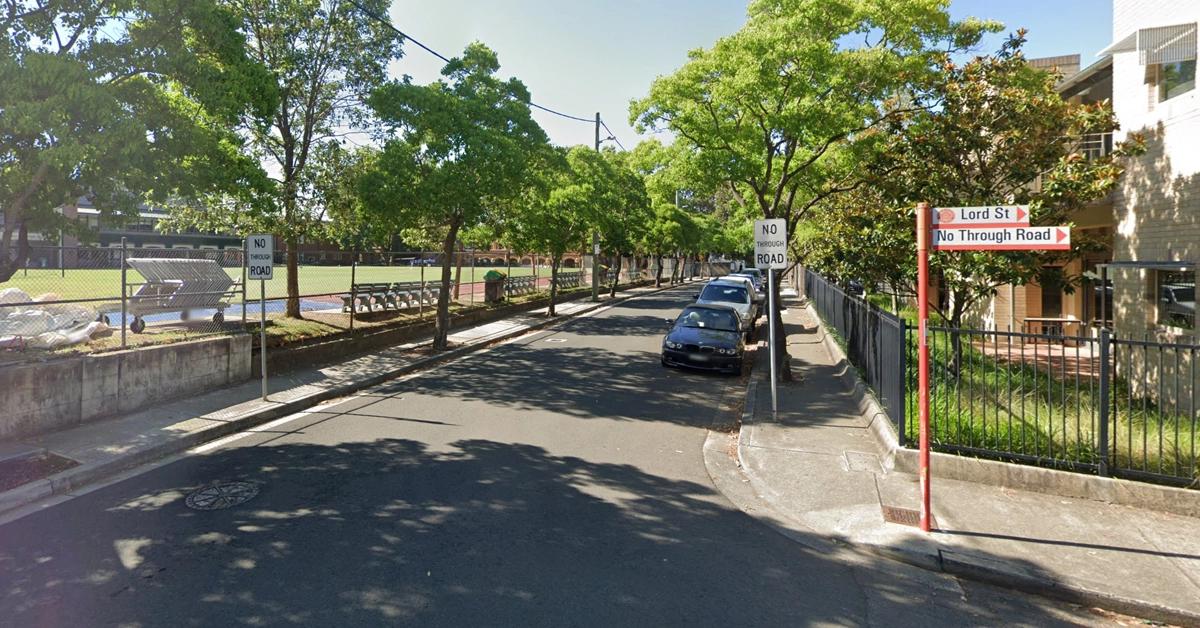North Sydney Council has unanimously voted to investigate the sale of a section of Edward Street to Sydney Church of England Grammar School (Shore), despite strong opposition from local residents who fear the move will worsen traffic congestion in the area.
At Monday night’s council meeting, councillors approved a motion authorising the chief executive to enter formal discussions with the prestigious boys’ school about purchasing the portion of Edward Street south of Lord Street. The section currently separates Shore’s senior and preparatory campuses.

Shore formally approached Council in February seeking to purchase the section of Edward Street south of Lord Street, according to council documents. The independent school, which charges annual tuition fees of up to $46,000, will be required to lodge a minimum $20,000 bond to cover the cost of council investigations.
Mayor Zoe Baker said that with the council facing significant financial challenges, all revenue options needed to be explored. The council is trying to generate revenue to overcome a “serious cashflow” problem brought about by an infrastructure project that has doubled in cost. The troubled North Sydney Olympic Pool redevelopment has ballooned to an estimated $122 million, not including a further $28 million the builder is seeking through legal action.
However, local residents have expressed fierce opposition to the proposal. Long-time Edward Street resident Maree Faulkner raised concerns about the impact on traffic flow and community access to heritage sites. She highlighted three main issues: the potential worsening of existing traffic chaos during school pick-up and drop-off times, restricted access for residents due to queues of vehicles and private traffic wardens, and reduced public viewing access to the historic Graithwaite house.
Graithwaite is a heritage-listed former private home and former hospital and now school administration building located at 20 Edward Street, North Sydney, which was added to the NSW State Heritage Register in 2002.
Other residents echoed these concerns, with one unnamed homeowner telling media that everyone would end up doing U-turns at the top of the street if the road closure proceeded. Another resident questioned whether the school was creating a proper drop-off area or simply building across the road, which could make traffic conditions worse.
Speaking on behalf of Shore headmaster Dr John Collier, school representative Sarah Taylor argued that residents opposing the sale would be acting against their own interests. The school’s statement outlined plans to move current traffic congestion to within its property boundaries through an internal ring road system with a turning circle. Shore also claimed the proposal would reduce demand for street parking by providing enhanced spaces within the school grounds.
The motion passed with support from councillors Jessica Keen, Angus Hoy and Shannon Welch, but only on the condition that a land swap for a small park on the street corner also be considered. Councillor Shannon Welch emphasised she did not want to see the council forced to sell community assets due to financial pressure, while Councillor Angus Hoy expressed relief that it would not constitute a fire sale situation.
Shore, established in the 19th century, is among Australia’s wealthiest schools with revenue approaching $100 million according to its most recent annual report. The school recently gained approval for expansion plans that will increase its capacity by 450 students.
This is not the first time Shore has sought to expand its footprint in the area. In November 2024, Council resolved to enter negotiations with SCEGGS Redlands regarding a similar proposal to purchase Monford Place, a cul-de-sac in Cremorne.
The proposal will now proceed to formal investigations, which must include traffic impact assessments, infrastructure evaluations, and community consultation before any final decision is made. Under NSW’s Roads Act 1993, councils can close and sell roads under specific conditions, including that the road is not required for current or future public use and that alternative access is available.
A comprehensive report on the findings will be presented to council once investigations are completed.
Published 30-July-2025









